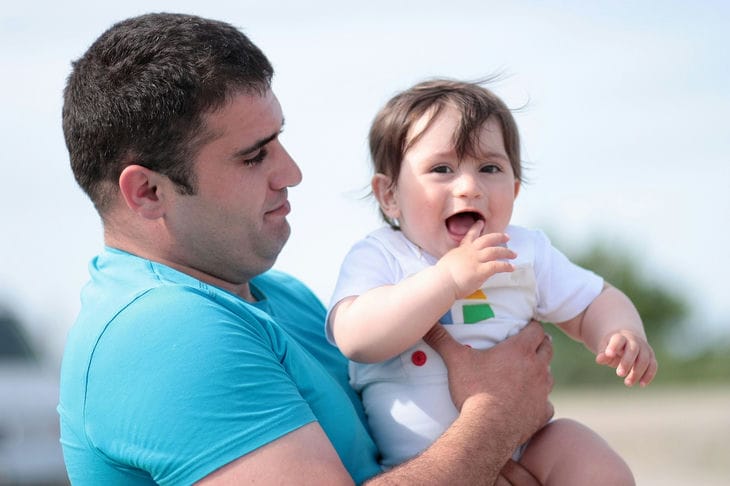5 Phrases You Should Never Say to Boys – Every Parent Makes These Mistakes
Today we'll talk about 5 phrases you shouldn't say to boys.
Most often, boys are given instructions like these:
- You are clumsy.
- You are like your father (negative image).
- You can't be relied on.
- You won't succeed.
- Stop whining and being offended, you're not a girl.
The child perceives everything literally, both boys and girls.
The fact is that some gender requirements are initially presented to boys, but they are conveyed as if from the opposite.
"Stop whining, stop being offended - you're not a girl!" - parents tell a capricious boy. The context is clear to an adult, but a child understands it literally. In the future, these are people who do not understand their feelings - alexithymics, a fashionable word these days, and adults who do not know how to express their feelings.

"You're not a girl" can lead to problems with the opposite sex in the future and even to problems with gender identity.
"You're clumsy, you won't succeed": an attitude that later leads to indecisiveness, anxiety, lack of determination, faith in yourself and your strength. "I avoid and don't take on the task - I won't succeed!" - thinks an adult. Of course, without thinking about it, but simply showing avoidant behavior in everything where decisions need to be made.
"You're like your father" is another famous phrase. Manipulative, no doubt. What does it lead to: either resignation - and then I drink because my father drank, you can't argue with genetics! Or the second option: I don't want my own family, I'm a lousy father.
Many act in the opposite way: remembering sad events, they do not allow themselves to relax, they are all in work, they avoid social events, perceiving rest as weakness, the risk of falling into alcoholism. Ultimately, in connection with which they go into workaholism, constant tension, stress, neuroses.
"You can't be relied upon." It's all clear here: lack of self-confidence, lack of a sense of masculinity, infantilism, sexual problems, avoidance of difficult tasks, helping loved ones or a tendency to scam - you can't rely on me!
Most early childhood attitudes are not realized, they are fused with us, and most importantly, they are well disguised under the thickness of acquired psychological defenses. They are woven into the system of our values, motivations, and therefore, they also move us in life. A kind of autopilot.
Our own choices are often influenced by childhood beliefs.
It is almost impossible to identify and understand them on your own, but a trained specialist who knows this topic will take you back to childhood and try to correct more adaptive beliefs and behavior patterns, and then people who no longer feel themselves, their desires and emotions will less often ask themselves the question: why am I living so badly!
